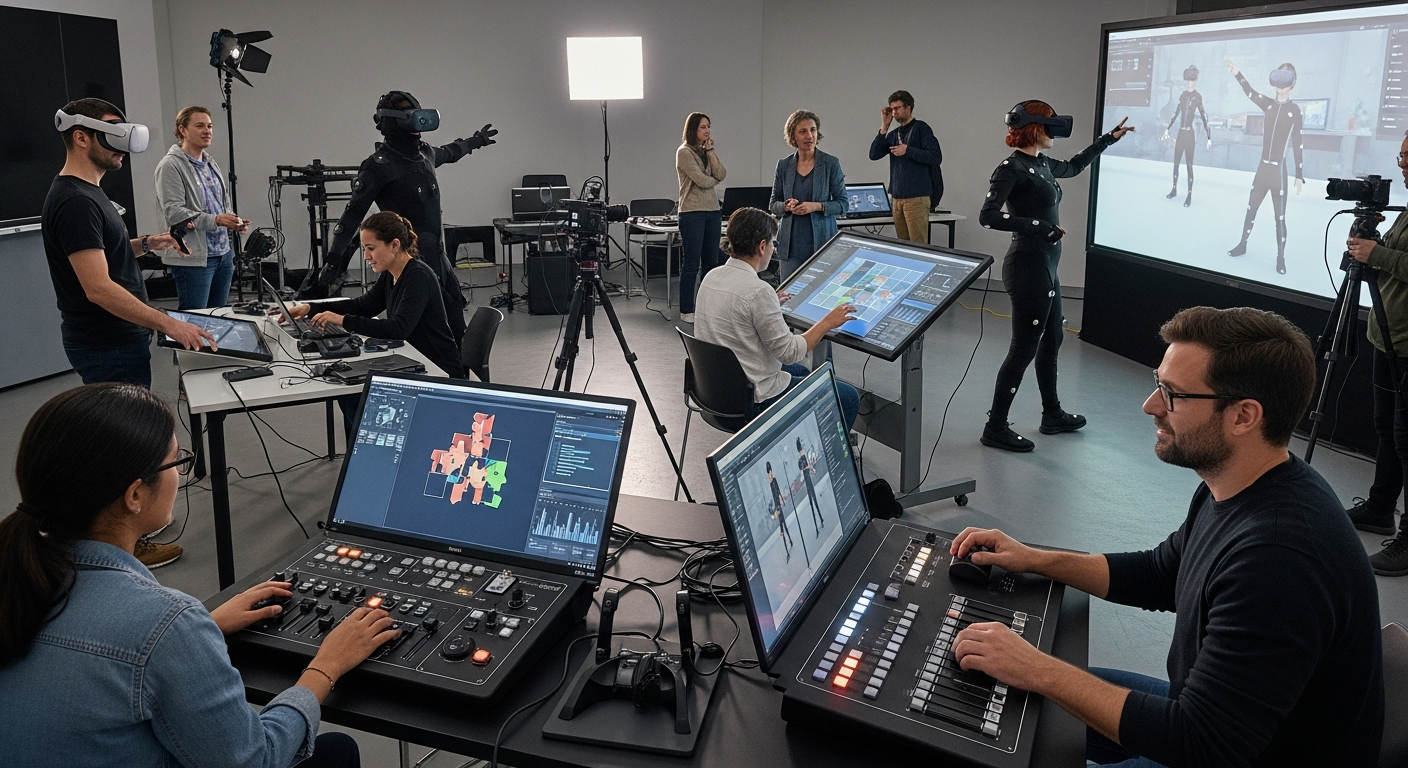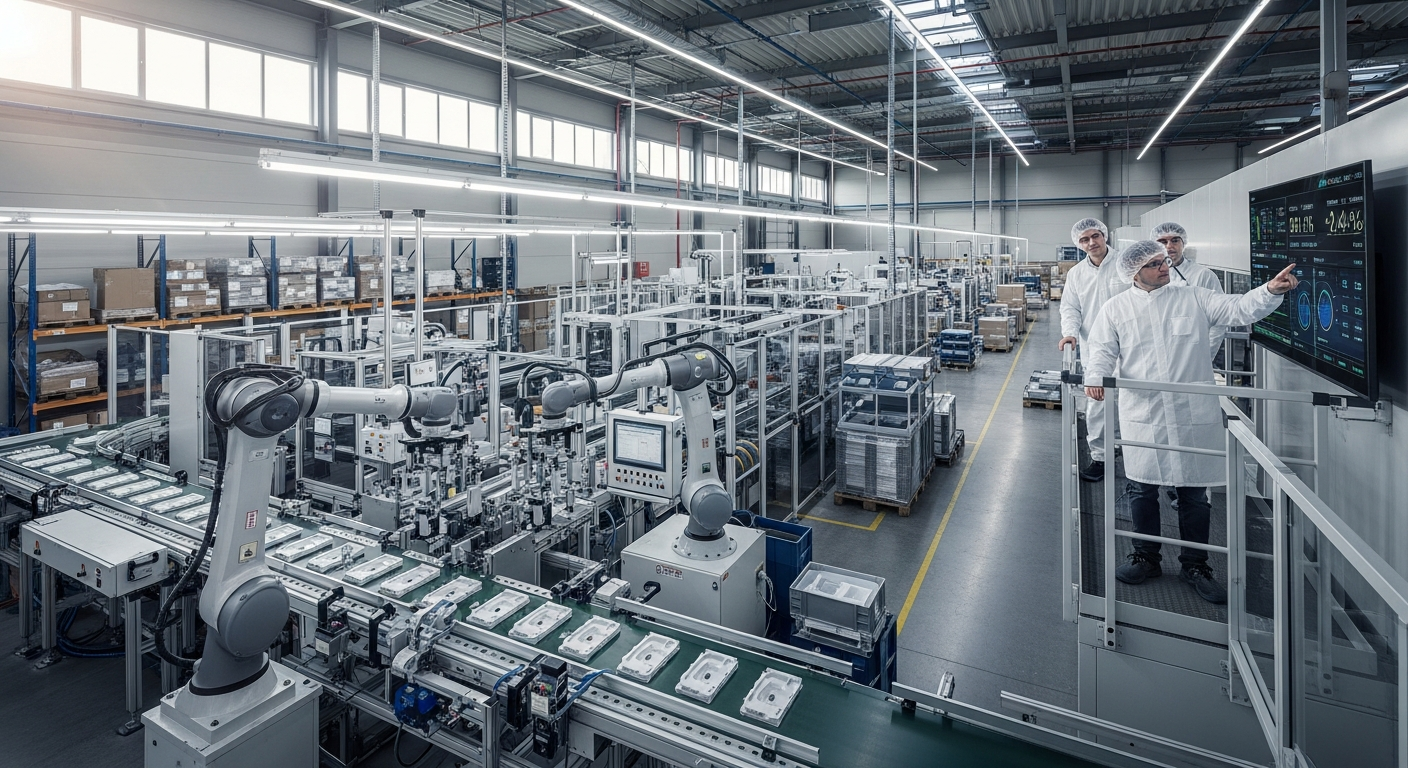Automotive Biometrics: The Future of Car Security and Personalization
In a world where technology continues to revolutionize every aspect of our lives, the automotive industry is not far behind. One of the most intriguing developments in recent years is the integration of biometric systems into vehicles. This cutting-edge technology promises to transform the way we interact with our cars, offering unprecedented levels of security, convenience, and personalization. But what exactly are automotive biometrics, and how will they shape the future of driving?

Enhanced Security Measures
One of the primary benefits of automotive biometrics is the significant boost to vehicle security. Traditional key fobs and alarm systems have long been vulnerable to theft and hacking. Biometric systems, on the other hand, offer a much higher level of security by requiring the presence of the authorized user to access or operate the vehicle. Fingerprint scanners integrated into door handles or steering wheels can ensure that only registered users can enter or start the car, while facial recognition cameras can continuously monitor the driver to prevent unauthorized use.
Personalized Driving Experience
Beyond security, biometric systems open up a world of possibilities for personalizing the driving experience. Imagine a car that recognizes you as you approach and automatically adjusts the seat position, mirrors, climate control, and even music preferences to your liking. This level of customization extends to multiple drivers, with the vehicle able to switch seamlessly between user profiles based on who is behind the wheel. For families sharing a single vehicle, this feature could eliminate the constant readjustment of settings and potential arguments over personal preferences.
Health Monitoring and Safety
Perhaps one of the most exciting applications of automotive biometrics is in the realm of driver health and safety. Advanced sensors integrated into the steering wheel or seat can monitor vital signs such as heart rate, blood pressure, and even stress levels. This real-time health data could be used to detect signs of fatigue, illness, or impairment, potentially alerting the driver or even taking control of the vehicle in emergency situations. In the long term, this technology could play a crucial role in reducing accidents caused by medical emergencies or drowsy driving.
Challenges and Concerns
While the potential benefits of automotive biometrics are immense, the technology is not without its challenges and concerns. Privacy is a major issue, with many consumers wary of the amount of personal data that could be collected and potentially shared. There are also questions about the reliability and accuracy of biometric systems, particularly in adverse conditions or for users with physical disabilities. Additionally, the integration of these complex systems into vehicles raises concerns about increased production costs and potential maintenance issues.
The Road Ahead
Despite these challenges, the future of automotive biometrics looks promising. As the technology continues to evolve and improve, we can expect to see more widespread adoption across the automotive industry. Major car manufacturers are already investing heavily in biometric research and development, with some luxury models already featuring basic biometric capabilities. In the coming years, we may see these systems become standard features in mid-range and even entry-level vehicles.
The integration of biometrics into automobiles represents a significant step towards the concept of truly smart, connected vehicles. As cars become more intelligent and responsive to their users, the line between driver and vehicle will continue to blur. This symbiotic relationship between human and machine has the potential to make driving safer, more efficient, and more enjoyable than ever before.
However, as we embrace this new technology, it will be crucial to address the ethical and privacy concerns that come with it. Striking the right balance between innovation and individual rights will be key to ensuring that automotive biometrics is accepted and trusted by consumers.
In conclusion, automotive biometrics stands at the forefront of vehicular innovation, promising to transform our relationship with cars in fundamental ways. From enhanced security and personalized experiences to potentially life-saving health monitoring capabilities, this technology has the power to reshape the automotive landscape. As we move forward, it will be fascinating to watch how this technology evolves and integrates into our daily lives, potentially redefining what it means to own and operate a vehicle in the 21st century.






